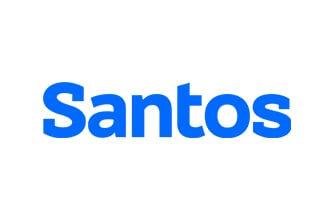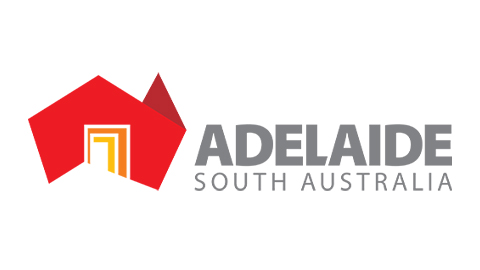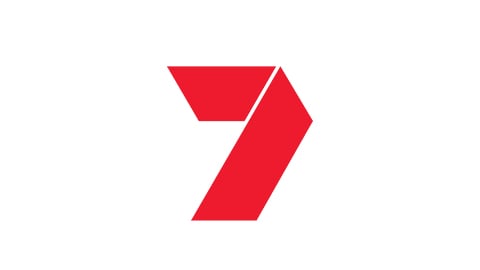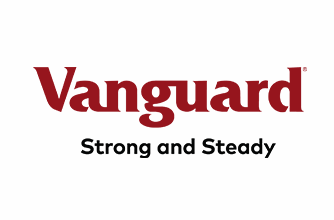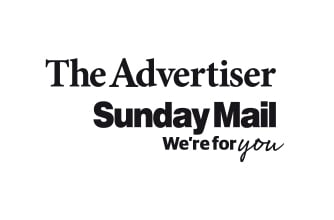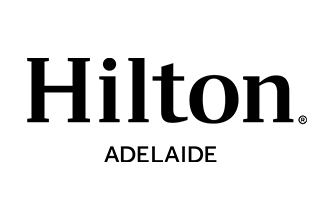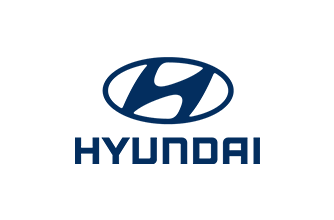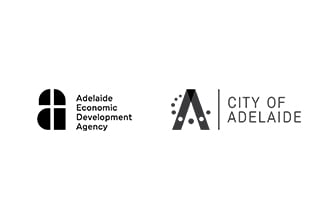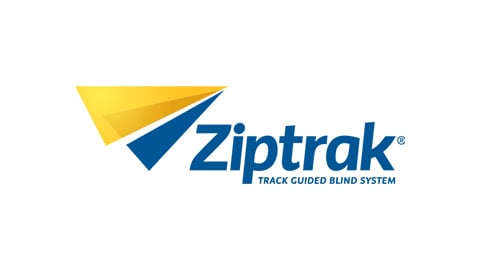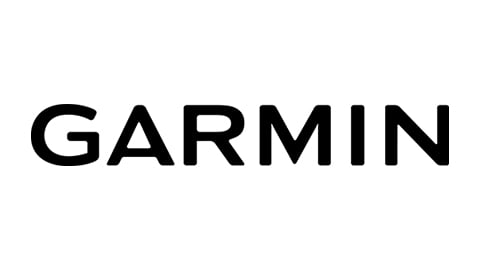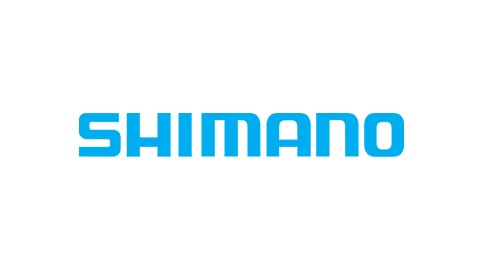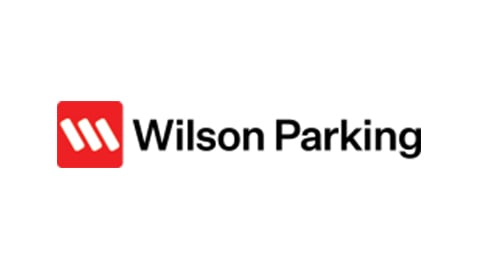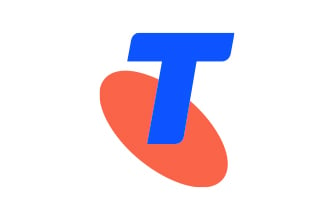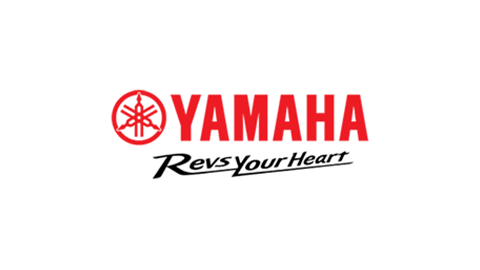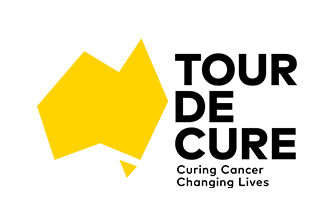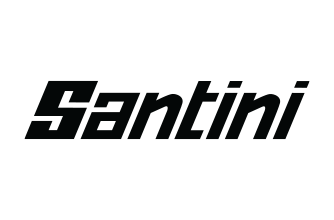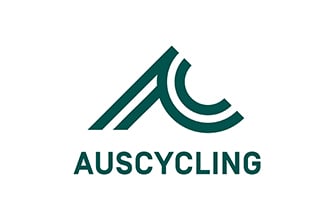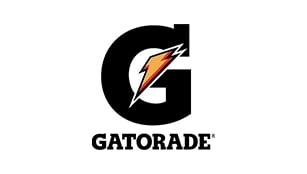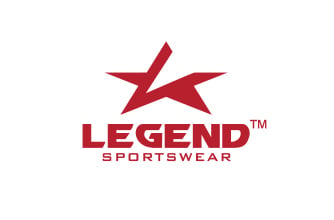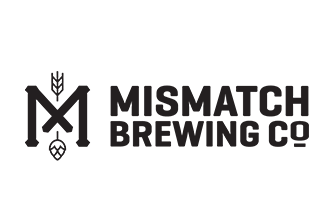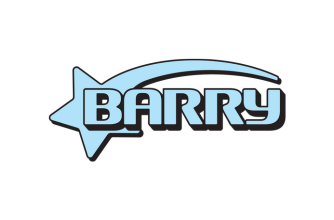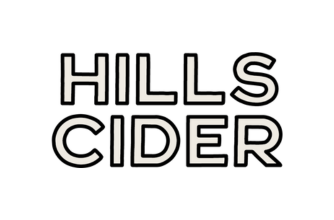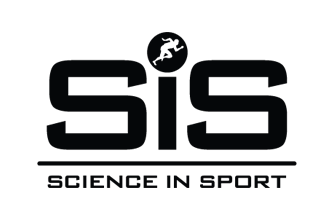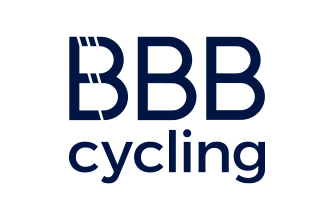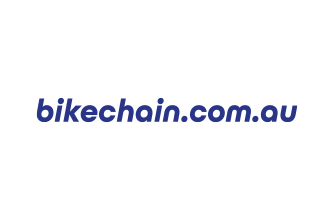Early on in Simon Clarke’s professional cycling journey he asked himself a question that would ultimately define his career and the way he would bow out of the sport nearly two decades later.
From the moment he turned pro, Clarke was never an outright team leader, but always a crucial cog in helping his team leader win.
“So it was never a difficult transition becoming a support rider,” he said.
“But what’s more difficult is to ask yourself the question ‘are you happy to be a support rider and finish your career with limited results? Or do you want to be a support rider that whenever you get your opportunity, whatever that may be, you take it?’”
Clarke has answered that emphatically.
The 38-year-old has been at it in Europe for 17 years, traversing 20 Grand Tours, 33 One Day Classics and two Olympics … for a grand total of seven wins.
But he made those seven count, with one unforgettable stage of the Tour de France (2022) and two at the Vuelta a Espana (2012, 2018) among them, and second place at Amstel Gold Race (2019) that should be celebrated alongside any of his triumphs.
“I consider myself lucky to have been a support rider and still had the opportunity to put my hands in the air at least seven times,” Clarke said.
“The flip side is some guys retire having never won a race, particularly if you’re a support rider.
“I was always more than happy to support my teammates, but so very motivated that when I did have an opportunity, to make the most of it.
“Quite often my job was the last one for the day, which often in one-day races particularly, meant something could happen that might compromise my leader and I’d be riding my own race.
“Like for example what happened in Amstel Gold Race in 2019 when I was second to van der Poel.
“My teammate Alberto Bettiol had won Flanders the week before and he was our outright leader, and I was his last man in the finish, and he found he still hadn’t recovered from his efforts in Flanders and started cramping, and got on the radio and said ‘I haven’t got it today, guys’.
“So that was always something I tried to mentally prepare for – race in a way that I’m ready to support and play my own card if the opportunity arises.”
Clarke, one of Australia’s most experienced road cyclists, has announced that this season will be his last and he will retire in front of a home crowd after racing the Santos Tour Down Under and Cadel Evans Great Ocean Road Race next summer.
While he still feels physically good enough to keep racing, he says the time is right to put family first after finding it increasingly difficult to say goodbye to wife Mara, six-year-old daughter, Stella, and three-year-old son, Nino, before every race.
“With the older one especially, Stella, it gets quite difficult to leave these days which makes it hard,” Clarke said.
“I don’t feel physically that I need to stop, but family is one of the main motivations to call it now and spend some more time at home.
“It’s been a good run, 17 years is a long time, and I feel like there’s less to gain on the bike than there is by what I’m missing at home and now’s the time to make that change.”
Retirement – whether forced or not – has been on Clarke’s mind since 2021 when his previous team Qhubeka suddenly went under which left him without a contract and an uncertain future.
“I wasn’t ready to retire then, even though people were saying to me ‘why don’t you just stop?’” Clarke said.
“And it was pretty close.
“Fortunately even though most teams obligate you to have a team trainer and nutritionist, I’d always stuck with my own people I’d worked with over the years, and that proved so valuable that year because I had no pro team but I still had my personal team.
“They backed me over that off-season block and I said ‘let’s prepare like January is the end’, and if after that I still have no options then maybe I’ll just have to make a hard decision.
“So I was on track for that then at Tour Down Under with the national team I got the call from Israel and said ‘right, obviously the end is closer to the beginning now, and one thing I really want is to go out on my own terms and not be left high and dry like I had been previously’.
“I thought if I could finish 2025 and come to Australia and do some final races, at least I could go out the way I wanted.”
Clarke is proud of his longevity in the sport, but says it was never something he set out to achieve at the beginning.
“I never turned pro to see how many years I could stay there,” he said.
“But 17 years is the result of learning how to look after yourself as a professional cyclist and be consistent enough that you’re still appealing to a team and can contribute in some way, shape or form.
“I just wanted to be a professional sportsman. I love the process of going all in, and ticking every box to prepare properly, and I lived by that the last however many years.”
Growing up in the Dandenongs near Melbourne, he went to Selby Primary School and outside of footy and cricket “played every sport in the book”.
“Tennis, basketball, volleyball, squash, swimming, athletics, you name it,” Clarke said.
“I put my heart and soul into tennis but I wasn’t that competitive even at state level.
“Then I started cycling in the last year of primary school, joined a club and went to my first state championships and suddenly medalled twice and medalled at my first nationals as well.”
From there, he never looked back, making his TDU debut with southaustralia.com.au in 2006 and winning the young rider jersey in 2007 while embarking on a career in Europe.
“It’s the biggest stage race in Australia so to do your home race is very important and satisfying to be a part of,” Clarke said.
“When I first did it back in 2006 it wasn’t a WorldTour race, but it was still a great platform to get noticed and if you could do well as a young rider you could put yourself on the map.
“Over the years not that I’ve ever gone very well there – but I do love the Willunga stage – it’s always such a great crowd and on the last Saturday so people provide such great support.”
January will be 20 years since Clarke first rode the TDU and as he waves goodbye to a home crowd, it will be with no regrets.
“I feel like I’ve given it everything I had, I’m not leaving the sport feeling like I could have given any more or didn’t achieve what I set out to do. I’ll be signing off very satisfied,” he said.
Favourite win?
“It’s hard to trump that Tour de France stage, just because of the circumstances.
“I’d had no team, was begging teams for a spot, to then get that opportunity and prove to them that I was still a competitive rider at that level with the biggest victory of my career was a very special day and satisfying.”
Favourite teammate?
“Favourite leader would be Rigoberto Uran, he’s such a good character to be around, and an amazing bike rider at the same time. Being in the team with him when he was second in the Tour de France in 2017 was very special.
“Also Mike Woods, we came across each other in the first years at Cannondale, he’d just turned pro and I saw a guy with a lot of talent but limited experience and I thought maybe I could help this guy with some of my experience.
“So it was great to ride with him since 2016 bar one year, and watching him as a late comer grow into a very well credentialled cyclist has been great.”
Favourite race?
“Strade Bianche is my race. I grew up on dirt roads in the Dandenongs so since I was 15 I was used to barrelling down dirt roads on 18mm road tyres, so when I get to Strade Bianche in a way I feel like it’s my homecoming race.”
Toughest day on the bike?
“There’s a few days there in the Tour de France that are memorable for not the right reasons. Quite often I’d always really struggle the day after being in a breakaway, and if it was hard, I’d really suffer.
“The day after I won on the cobbles, Wout van Aert attacked in the yellow jersey through the Ardennes region which was undulating up and down and the bunch chased him profusely all day. That was absolute hell for me.
“I had rocks in my legs and racing this out of control stage with the yellow jersey in the breakaway was a sufferfest.”
Favourite moment?
“I’d have to say the Olympics. Paris was very special, lining up for Australia in my second Olympics, with my wife and kids there, and being only a three-man team it’s very difficult to be selected for so I was very honoured to be chosen and do my best for my country.”
What you’ll miss the most about cycling?
“I just love the process of being a professional athlete and preparing for races, so I suppose not doing that anymore and going back to normal life is what I’ll miss the most.”
What you’ll miss the least about cycling?
“Racing in the rain and cold. I used to be really good at it when I was young and looked forward to bad weather because I felt like everyone else suffered more than I did.
“But those tables have turned as I’ve got older and I really suffer now in the bad weather, so I definitely won’t miss lining up in that.”


